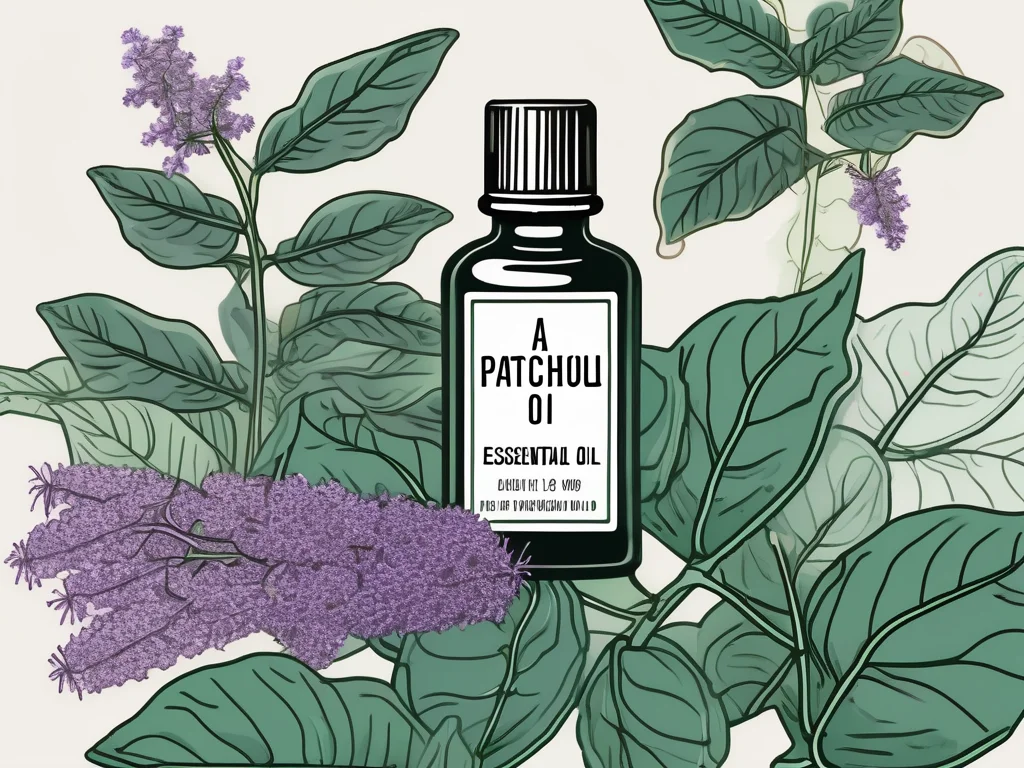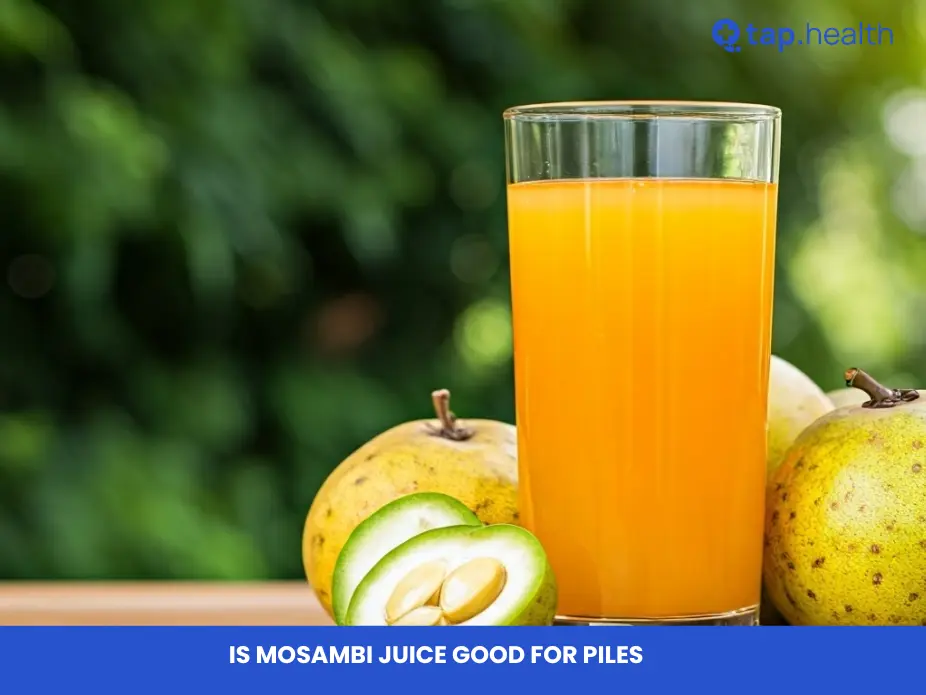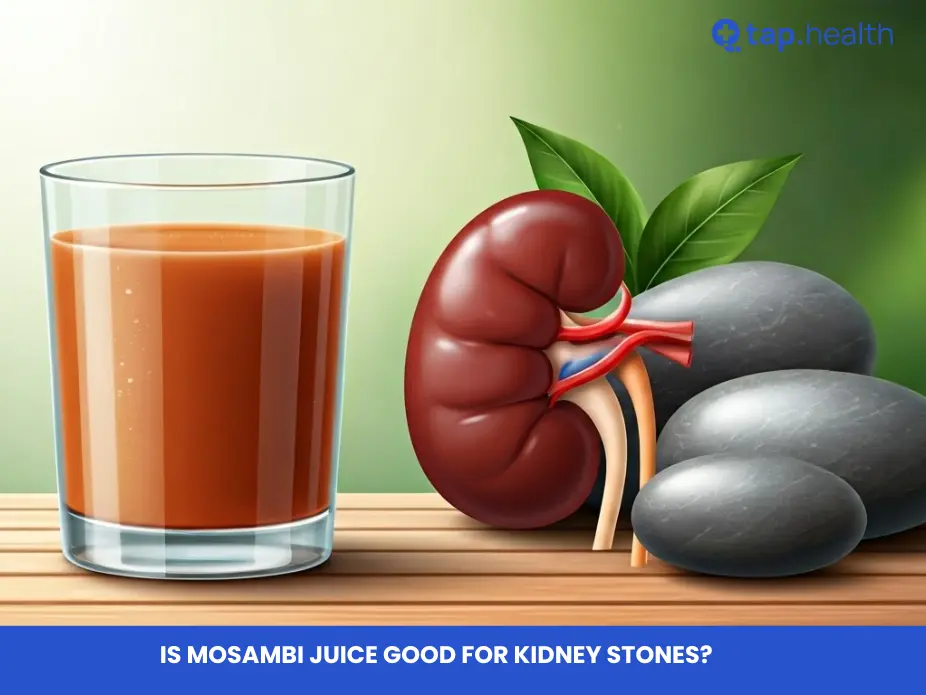Essential oils have been used for centuries due to their incredible health benefits. Among the most popular essential oils is patchouli oil, a natural oil derived from the leaves of the patchouli plant, which is native to Southeast Asia. Known for its deep, earthy fragrance, patchouli essential oil has a variety of uses, from skin care to promoting relaxation and reducing stress.
In this blog post, we will explore how to use patchouli essential oil for health benefits. We’ll discuss its advantages, various applications, and how to incorporate it into your daily routine.
What is Patchouli Essential Oil?
Patchouli essential oil is extracted through steam distillation from the leaves of the Pogostemon cablin plant, which thrives in tropical regions, particularly in India, Indonesia, and Malaysia. The oil is known for its strong, earthy aroma that has made it popular in perfumes and incense. Beyond its scent, patchouli oil has numerous health benefits, especially in aromatherapy, skincare, and mental health.
Patchouli essential oil is packed with natural compounds like patchoulol, which is responsible for many of its therapeutic effects. It also contains various other compounds, including sesquiterpenes, which help in reducing inflammation and promoting healing.
Health Benefits of Patchouli Essential Oil
Patchouli essential oil is not just about its aroma; it also offers a wide array of health benefits. From soothing skin irritations to reducing stress, it is a powerful tool in natural health and wellness.
1. Promotes Relaxation and Reduces Stress
Patchouli oil is widely known for its calming effects on the mind and body. It has sedative properties that can help reduce anxiety, calm the nervous system, and improve overall relaxation. This makes it an excellent oil for relieving stress, anxiety, and tension.
How to Use for Stress Relief:
- Add a few drops of patchouli oil to a diffuser and inhale the fragrance to promote calmness.
- Mix a few drops with a carrier oil and massage it into your temples, neck, and shoulders to relieve physical tension and stress.
2. Improves Sleep Quality
Many people struggle with sleep-related issues such as insomnia. Patchouli oil’s calming and sedative properties can help promote better sleep by relaxing the mind and body. The soothing aroma of patchouli helps reduce stress and anxiety, making it easier to fall asleep and stay asleep throughout the night.
How to Use for Better Sleep:
- Diffuse patchouli essential oil in your bedroom before bed.
- Apply a diluted solution of patchouli oil to your wrists or neck to promote relaxation as you fall asleep.
3. Supports Skin Health
Patchouli essential oil is highly beneficial for the skin due to its antimicrobial and anti-inflammatory properties. It can help treat various skin conditions such as acne, eczema, and psoriasis. Additionally, patchouli oil promotes healthy skin by stimulating the production of new skin cells, making it great for wound healing and preventing scars.
How to Use for Skin Health:
- Dilute a few drops of patchouli essential oil with a carrier oil like coconut or jojoba oil and apply it to your skin to reduce acne or eczema flare-ups.
- Mix patchouli oil with your favorite moisturizer and apply it to your skin for anti-aging benefits.
- Use patchouli oil on minor cuts and scrapes to help speed up the healing process.
4. Helps Relieve Inflammation and Pain
Patchouli oil has natural anti-inflammatory properties that can help reduce swelling and discomfort in the body. This makes it an effective remedy for conditions like arthritis, muscle pain, and other inflammatory diseases. Its analgesic (pain-relieving) effects can help manage pain without the use of harsh chemicals.
How to Use for Pain Relief:
- Dilute patchouli oil with a carrier oil and massage it into sore muscles or joints.
- Add patchouli oil to a warm compress and place it on the affected area to reduce inflammation and pain.
5. Boosts Immunity
Patchouli essential oil contains antioxidants that help fight free radicals in the body. This not only helps reduce the signs of aging but also strengthens the immune system, making it easier for the body to fight off infections and illnesses. Patchouli oil’s antimicrobial properties also make it effective in treating colds, coughs, and respiratory infections.
How to Use for Immunity Boost:
- Diffuse patchouli oil to purify the air and reduce airborne bacteria.
- Add a few drops of patchouli oil to a steam inhalation to relieve respiratory issues and boost immunity.
6. Acts as an Aphrodisiac
Patchouli oil has long been used as an aphrodisiac. It is believed to stimulate the senses, increase libido, and enhance romantic experiences. Its rich, earthy aroma can set the mood and help improve emotional intimacy.
How to Use as an Aphrodisiac:
- Diffuse patchouli oil in your living space to create a romantic ambiance.
- Mix a few drops of patchouli oil with a carrier oil and apply it to pulse points, such as your wrists or neck, to enjoy its aphrodisiac effects.
How to Use Patchouli Essential Oil Safely
While patchouli essential oil offers numerous benefits, it’s important to use it safely. Here are a few guidelines on how to use it without adverse effects:
1. Dilute the Oil
Essential oils are highly concentrated and should always be diluted with a carrier oil (like coconut oil, almond oil, or olive oil) before applying them to the skin. A general guideline is to dilute 2-3 drops of essential oil in 1 tablespoon of carrier oil.
2. Patch Test Before Use
Before using patchouli essential oil on your skin, always perform a patch test to ensure you don’t have an allergic reaction. Apply a small diluted amount of the oil on a patch of skin (like your forearm) and wait 24 hours to see if any irritation occurs.
3. Use in Moderation
Essential oils are potent, and using too much can cause irritation or other side effects. Stick to the recommended usage, and don’t overuse essential oils in your routine.
4. Consult a Healthcare Provider
If you are pregnant, breastfeeding, or have a pre-existing health condition, always consult with a healthcare provider before using essential oils. Pregnant women, in particular, should avoid certain essential oils due to their potential effects on hormones.
Different Methods to Use Patchouli Essential Oil
Patchouli essential oil can be used in a variety of ways to reap its health benefits. Here are some common methods of usage:
1. Aromatherapy (Diffusing)
One of the most popular ways to use patchouli essential oil is by diffusing it into the air. Aromatherapy is known for its calming and mood-boosting effects. Simply add a few drops of patchouli oil to your diffuser and let it fill the room with its relaxing aroma.
2. Massage
Patchouli essential oil is great for body massage, especially for relieving muscle tension and stress. Dilute the oil with a carrier oil and gently massage it into areas that need relaxation. This can also help reduce pain and inflammation in specific areas of the body.
3. Topical Application
Patchouli oil can be applied directly to the skin when diluted. It can be used to treat skin issues such as acne, eczema, and minor wounds, as well as to reduce the appearance of scars and fine lines.
4. Bath Soak
You can also add a few drops of patchouli essential oil to your bath water for a soothing experience. The warm water helps the oil absorb into your skin, while the aroma relaxes your mind and body.
5. Steam Inhalation
For respiratory issues, add a few drops of patchouli oil to a bowl of hot water and inhale the steam. This can help clear the sinuses, reduce inflammation, and boost immunity.
Real-Life Scenario
Imagine a stressful workday. You feel tense, anxious, and fatigued. By adding a few drops of patchouli essential oil to your diffuser at home, the calming aroma helps reduce stress and improve your mood. If you also use it in a gentle massage, your muscles feel relaxed, and your mind feels rejuvenated—turning an ordinary evening into a restorative experience.
Expert Contribution
Aromatherapists and holistic health practitioners highlight patchouli oil’s potential for mental and physical wellness. Studies suggest that inhaling its aroma can lower anxiety levels, while topical application may improve skin hydration and reduce inflammation. Experts emphasize always diluting essential oils to prevent skin irritation and consulting healthcare providers if you have allergies or medical conditions.
Recommendations Grounded in Proven Research and Facts
- Dilution is key: Always mix patchouli oil with a carrier oil before topical use to prevent irritation.
- Moderation in aromatherapy: 3–5 drops in a diffuser for 20–30 minutes is sufficient to enjoy calming effects.
- Targeted skin benefits: Patchouli oil may help manage dry skin, minor rashes, and acne when applied correctly.
- Combine with relaxation techniques: Using patchouli oil during meditation, yoga, or massage can amplify stress-reduction benefits.
- Avoid during pregnancy or certain medical conditions: Consult a healthcare provider if pregnant, breastfeeding, or dealing with health issues.
FAQ on How to Use Patchouli Essential Oil for Health Benefits?
1. Is patchouli essential oil safe to use on the skin?
Yes, patchouli essential oil is safe to use on the skin, but it should always be diluted with a carrier oil to prevent irritation. Always perform a patch test before applying it more broadly.
2. Can patchouli essential oil help with sleep problems?
Yes, patchouli essential oil can help with sleep problems due to its calming and sedative properties. Diffusing it in your bedroom or applying it to your skin before bed can help promote relaxation and better sleep.
3. How do I use patchouli oil for acne?
To use patchouli essential oil for acne, dilute it with a carrier oil and apply it to the affected areas. It has antimicrobial properties that can help reduce the bacteria responsible for acne.
4. Can patchouli oil be used for hair care?
Yes, patchouli essential oil can be used in hair care. It helps nourish the scalp, reduce dandruff, and promote healthy hair growth. Mix a few drops with a carrier oil and massage it into your scalp, then wash it out after 30 minutes.
5. Can patchouli essential oil be used during pregnancy?
Pregnant women should avoid using patchouli oil unless approved by a healthcare professional. Some essential oils can interfere with hormone levels during pregnancy.
6. What are the side effects of patchouli essential oil?
Patchouli essential oil is generally safe when used as directed. However, some individuals may experience skin irritation or allergic reactions. Always dilute the oil and perform a patch test before use.
Conclusion
Patchouli essential oil is a versatile and powerful tool for improving your health and wellness. Whether you’re looking to reduce stress, enhance your skincare routine, or boost your immunity, patchouli oil has something to offer. By using it safely and effectively, you can unlock its numerous benefits and incorporate it into your daily routine for a healthier, more relaxed lifestyle.



